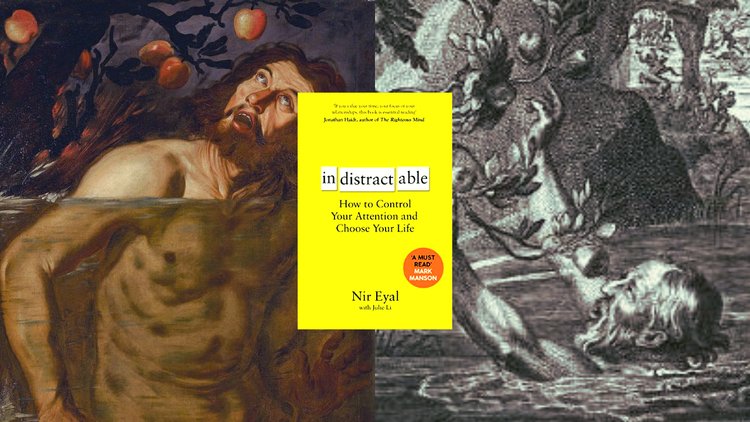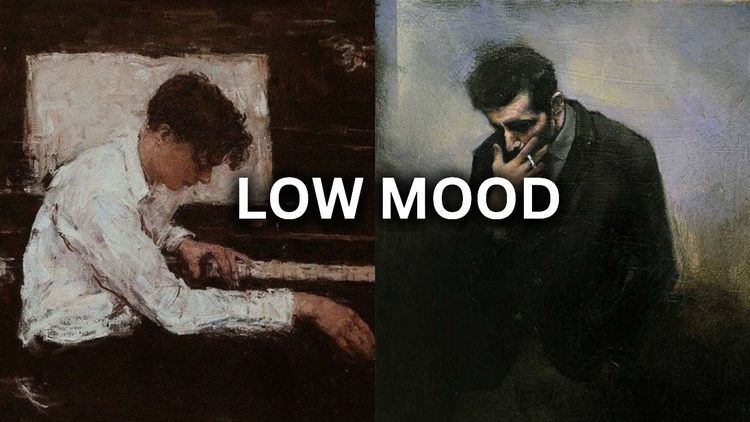If you don't know your values, you're f*cked
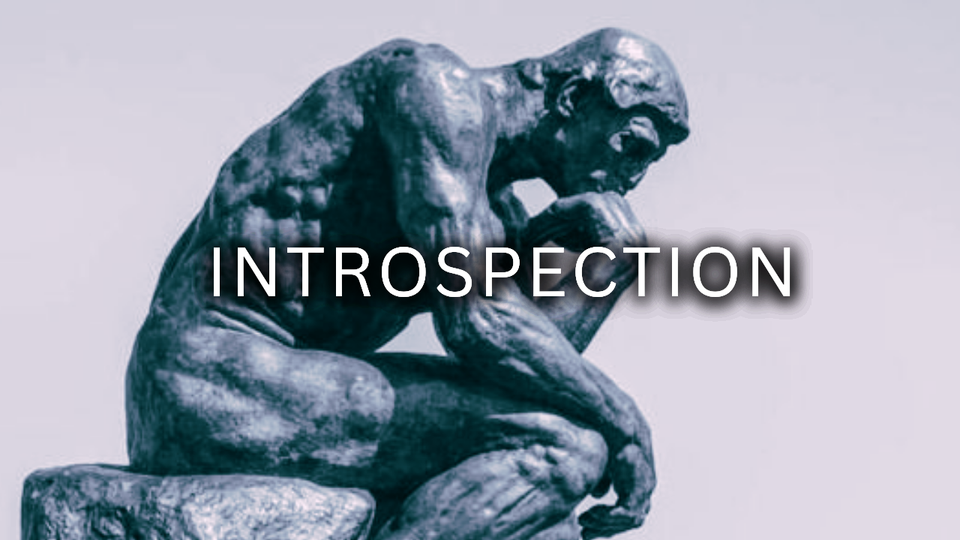
The esteemed psychologists Abraham Maslow believed we have an 'inner core' guiding us towards our deepest values in life.
But he also believed this inner core is delicate and can be overpowered by societal pressure and culture.
Mainly because, since we were children, we’ve been imitating others.
“This inner nature is not strong and overpowering and unmistakable like the instincts of animals. It is weak and delicate and subtle and easily overcome by habit, cultural pressure, and wrong attitudes towards it.” - Abraham Maslow
Maslow believed in the same way as an acorn was guided to become an oak tree, so too we are guided by this 'inner core' towards self-actualisation.
So if this 'inner core' is what leads to a meaningful life but is incredibly delicate, how can we uncover and protect it?
Introspection.
The right way to introspect:
As Socrates famously said at his trial for impiety and corrupting youth, “the unexamined life isn’t worth living.”
And if you’ve never examined your life or introspected, without a doubt your values aren’t yours.
Instead, they’re likely views, opinions, actions and beliefs which you’ve adopted during your childhood from your parents and society.
So the first step towards figuring out your values is by engaging in philosophical enquiry.
You must interrogate your values.
But before we cover how to introspect, let's briefly highlight the dangers of not introspecting.
The dangers of a lack of introspection:
Consider this devastating description from Albert Speer, the master architect of the third reich and top adviser to Hitler, on his own moral corruption:
“In normal circumstances people who turn their backs on reality are soon set straight by the mockery and criticism of those around them. In the Third Reich there were not such correctives. On the contrary, every self-deception was multiplied as in a hall of distorting mirrors, becoming a repeatedly confirmed picture of a fantastical dream world which no longer bore any relationship to the grim outside world. In those mirrors I could see nothing but my own face reproduced many times over.”
You must ask yourself which historical atrocities you are contributing to today.
Which of your actions have you been lulled into believing are benign?
What has popular opinion or your own convoluted arguments convinced you is acceptable, or even positive?
Immigration policies? Fracking? Abortion clinics? Racism? LGBT rights?
Triggered?
Trying to figure out my political views?
The more triggered you are the more you should interrogate your currently held beliefs, because you might just be conforming.
After all, the nazis, god fearing southern slave traders, spectators in the Roman colosseum were all conformists, and you likely would’ve been too in those times.
“The key to finding out which of your values are truly yours is the process of taking a philosophical wrecking ball to them and seeing what refuses to fall.”
- Ryan A Bush
How to discover your values
So now we’ve been given good reason to not become modern nazis, let’s cover the practical things you can do to figure out your values.
(1) The editable document
Firstly, create an editable document on google docs, word or use a physical piece of paper.
Over the next week rigorously note down the people you admire and why.
Write down all the situations you’re in, characteristics you encounter in others and the specific things which spark a sacred feeling within you and which don’t.
For example...
Perhaps you admire Tiger Woods for his tenacity and discipline but not his promiscuity.
So don’t discard the person as a whole, instead absorb what is useful and discard what is not.
At first this document will be a messy stream of consciousness.
But that’s fine.
With time and editing it will become more articulate and clear.
After you’ve noted your observations, then organise the document into headings so you can fish out the values.
When doing so, avoid using words such as "discipline, love, courage etc." to describe your values as this is too vague.
Instead, describe your values in mission statement for such as:
“Always act as if the whole world were watching, but tell the story as if I were the only one listening.”
“Accept, embrace and adapt to all of life’s challenges, and convert them into opportunities.”
Once you’ve finished editing the document, go through it with your philosophical hammer and separate the social dogma from the true value intuitions.
The traits, values, drives and experiences you uncover as important to you can be combined into a unified whole, as your ideal self will be a conglomerate of all the values you uncover.
Lastly, beware the difference between value intuitions and desires:
“Desires are the screams you can’t ignore, but values are the whispers it is often hard to notice.”
- Ryan A Bush
(2) The values table
To map out your goals and day to day behaviours in correspondence to your values, fill out the values table:
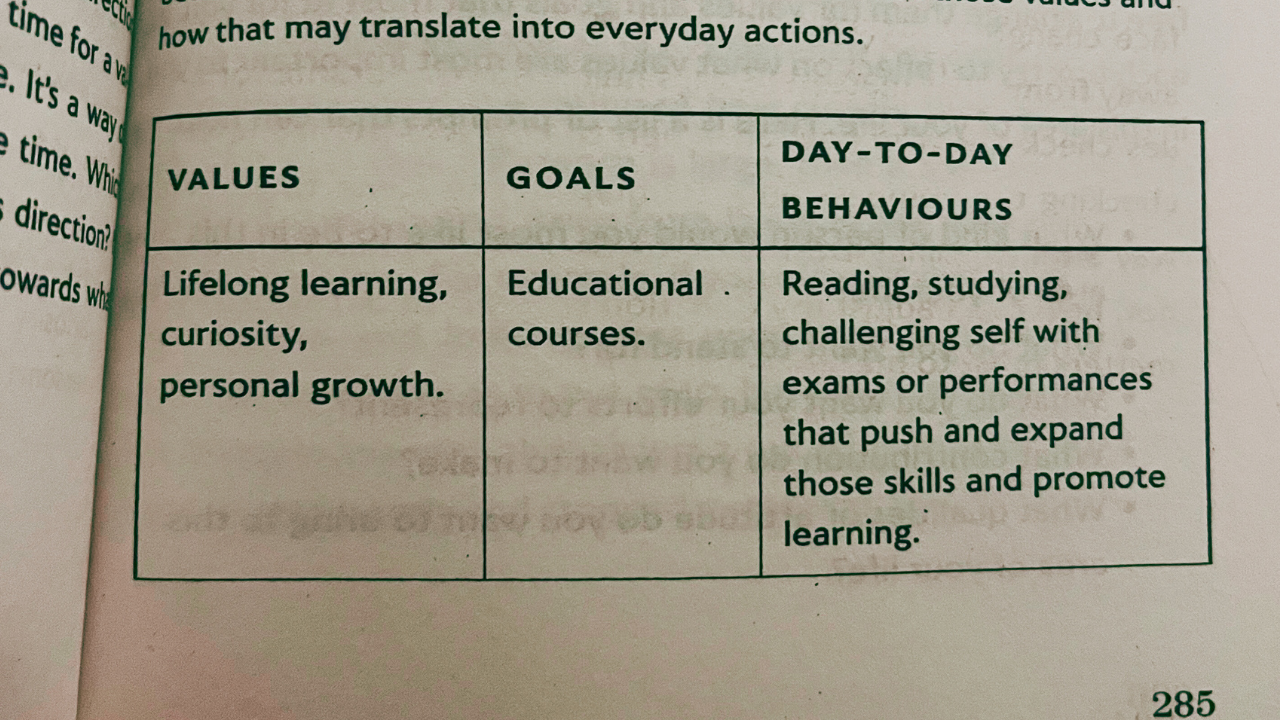
(3) The values star
To further introspect and understand whether your current actions are in line with the importance of your values, use the values star.
Rank each value from 1-10 (10 being the highest) on how important it is for you and how aligned your current actions are to that value.
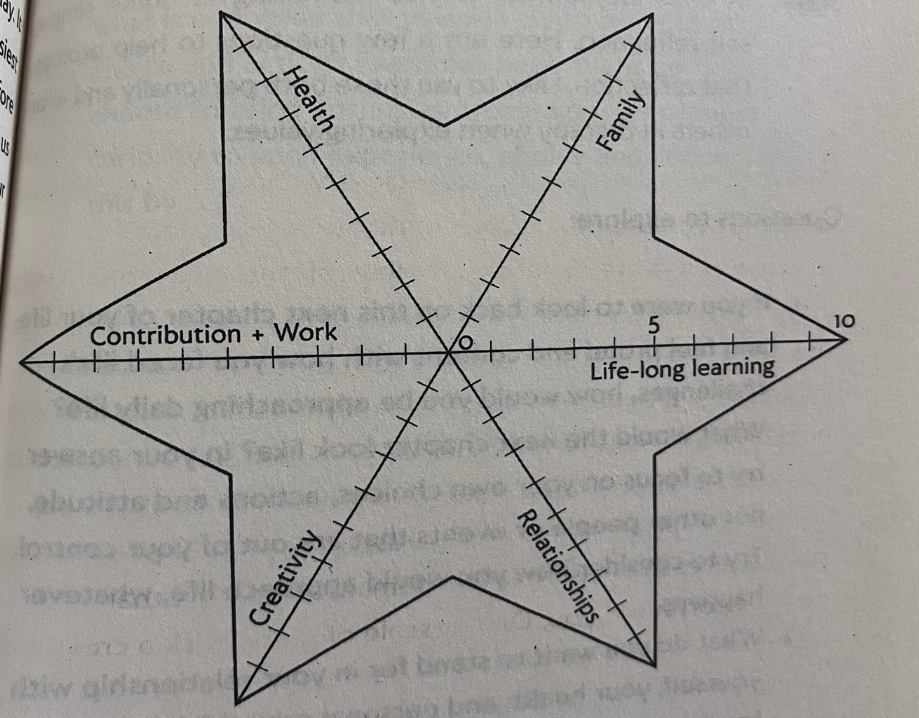
Question prompts:
- What kind of person would you most like to be in this area of your life?
- What do you want to stand for?
- What do you want your efforts to represent?
- What contribution do you want to make?
- What qualities or attitude do you want to bring to this area of your life?
Quote of the week:
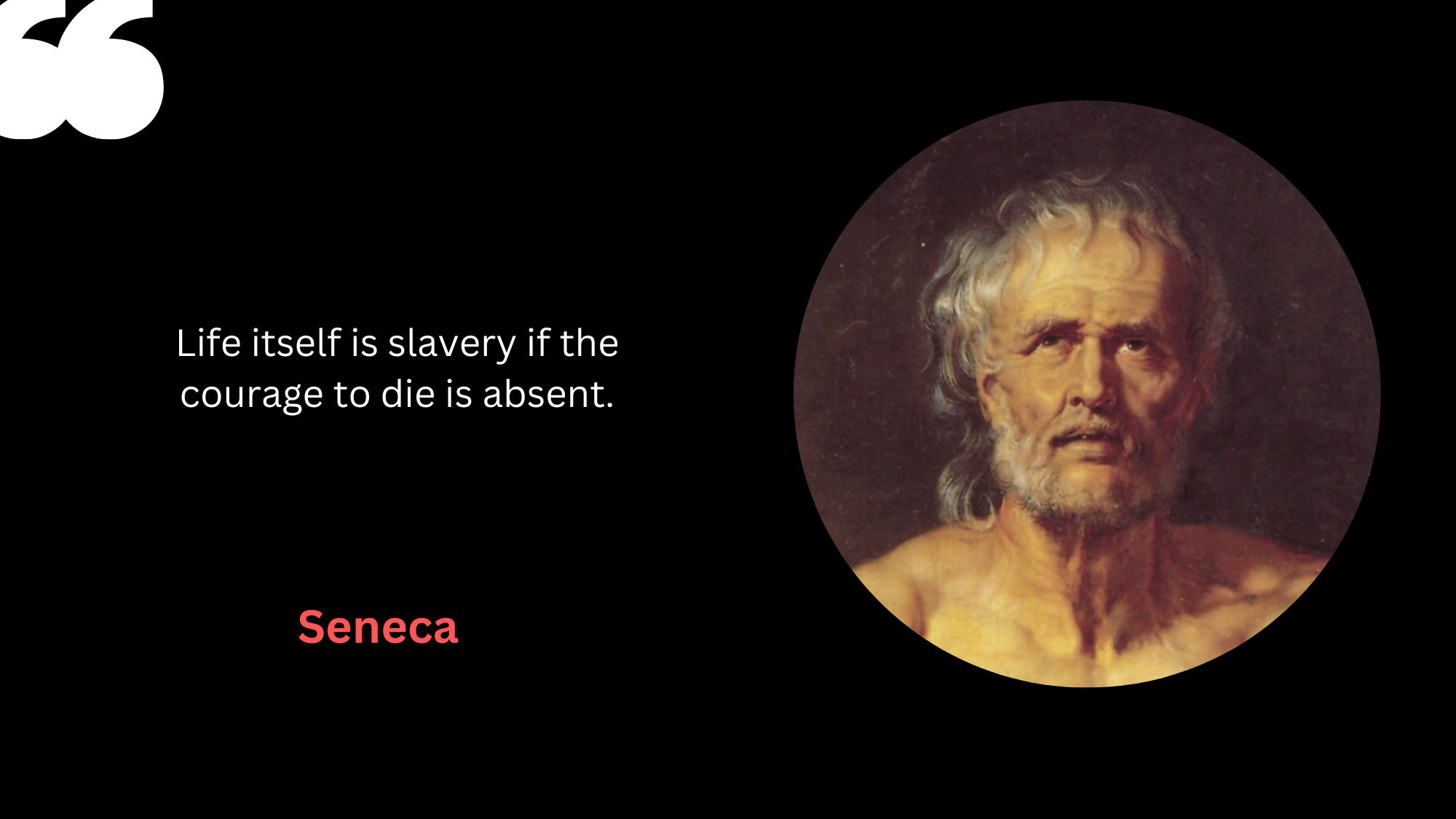
Cognitive bias of the week:
Self-serving bias:
- If things go well, you're responsible
- If things don't go well, it's someone else's fault
"Do you have friends who tell you the truth - no holds barred? If so, consider yourself lucky. If not, do you have at least one enemy? Good. Invite him or her over for coffee and ask for an honest opinion about your strengths and weaknesses. You will be forever grateful you did."
- Rolf Dobelli
Videos you might have missed:
Until next week philosophers!
(You can share the newsletter here):



